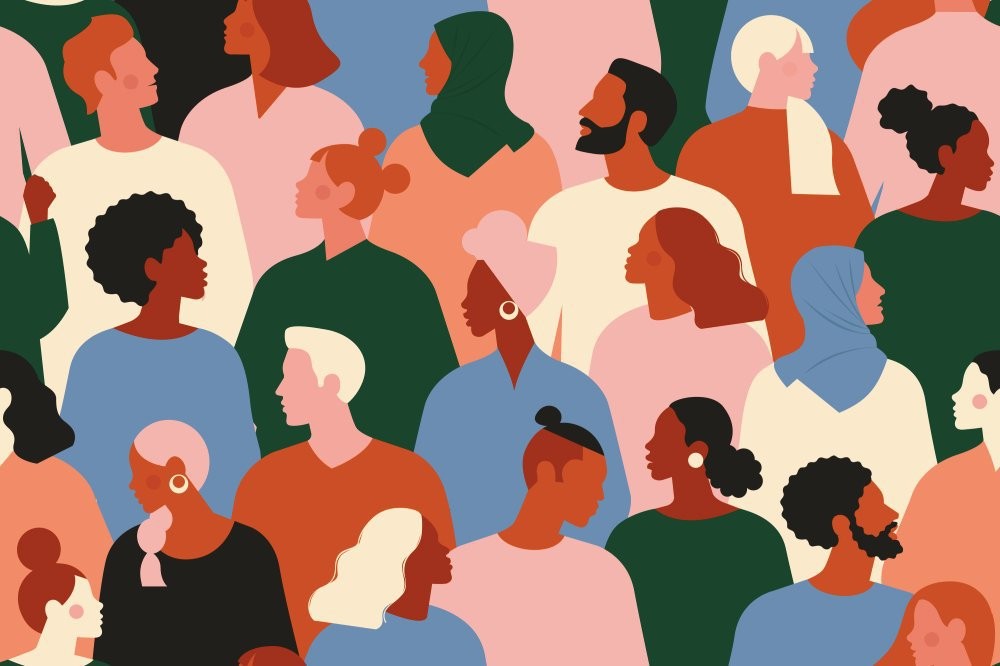Project Pipeline – an alternative to ‘Black History Month’
One of my favorite Reid Hoffman quotes is, “startups can’t afford to hire great people, they have to make them.”
There is a potential inference here which suggests that once startups are no longer cash-strapped, they revert to the norm – hiring, rather than making, great people.
Project Pipeline is Citizen Shareholders’ commitment to sticking with the approach of making great people. That doesn’t mean we won’t, or even don’t, hire great people. What it means is that we’re going to invest a little more time and effort in finding outliers for our entry-level positions.
Project Pipeline is not just about getting people through the door. It’s about getting people to the top. It’s about choosing to use work experience, internships, and entry-level positions to cause meaningful change through long term investment. That investment may be the time and energy of a line manager, a contribution to further education, or investment in a startup.
Who will qualify for Project Pipeline is almost more easily defined by who won’t, which is why our target group misses out on opportunities so often. If your parents are rich or powerful, if you’ve already won a scholarship, got into a tier one university, got a million social media followers, we wish you well and so do many, many, others. However, Project Pipeline is not for you.
Privilege can be divided into two parts: the belief that the door will open if you push on it, and that a lot of people on the other side of that door will try and pull you through, ahead of others. Project Pipeline is intended to address both elements. The first aspect addresses the issue of self-belief, and the second provides the boost that so many privileged people enjoy.
Another way to think about privilege is to compare it to the Body Mass Index (BMI). The BMI is a really useful tool for measuring obesity in communities. Despite its crudity it works because it averages out the differences in body shapes across the whole community. This is why it shouldn’t be used for assessing individuals – it can’t tell the difference between an Olympic athlete and a couch potato!
In the same way, race can be a useful metric for measuring privilege at the community level, but falls down at the individual level. Sorry Michelle, Barack, the girls wouldn’t qualify. A white male might, however, not because they’re male or white, but because they have shown resilience, character, and intelligence.
The people we are after have experienced a system that undervalues them. If they are not measurably angry at that, they are probably not for us. Equally, part of the journey to adulthood is learning to channel anger, and learning comes with mistakes. And if you lack privilege, mistakes are far less likely to be overlooked by the very system you’re angry with.
The people we’re looking after have got to be able to read. They’ve got to be curious and be in the habit of allocating resources to feeding that curiosity. And they can’t be quitters. How do we find them? That is the $64 question (or perhaps the $640, $6,400, or $64,000 question). How much more will it cost, per hire, to adopt this strategy rather than hand out work experience, internships, and entry level positions to the sons and daughters of the privileged?
I don’t know. But I do know that by starting the process now it will be cheaper. I do know that if we collaborate with other companies it will be easier. And if we iterate, give ourselves permission to make mistakes, display that same resilience, character, and intelligence that we are after, we have a chance to succeed.
Hence this blog post. We will be reaching out to individuals, referencing this post and asking for input.
Almost by definition, the people we want to reach out to most aren’t on our radar. If you can help us reach them, or your organization would like to collaborate, drop us a line to projectpipeline@citizenshareholders.com.


